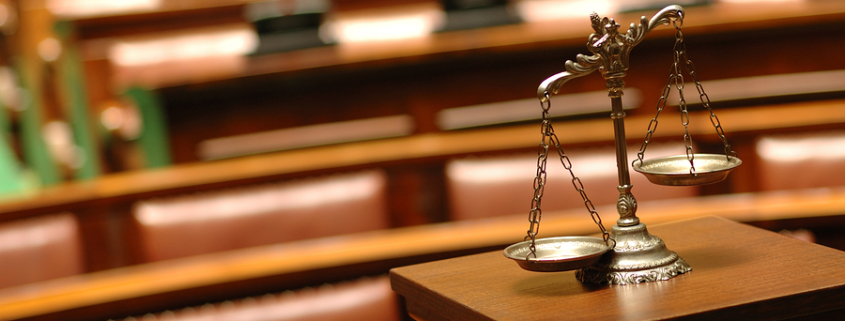Statement from the Cardinal Newman Society on 7th Circuit Ruling in Demkovich v. St. Andrew the Apostle Paris
In a very important victory today for religious freedom, the 7th Circuit Court of Appeals ruled 7-3 in Demkovich v. St. Andrew the Apostle Parish (July 9, 2021) that the ministerial exception bars “hostile work environment” claims.
The U.S. Supreme Court has not yet ruled directly on this point, so the 7th Circuit’s decision is extremely important to Catholic educators and other religious employers.
“This ruling protects faithful Catholic educators and other religious employers from at least some lawsuits, which is especially helpful given the relentless drive to redefine sex discrimination as prohibiting Catholic beliefs about sex, gender and marriage,” said Patrick Reilly, President of The Cardinal Newman Society. “The ministerial exception helps preserve the authentic mission of Catholic educators and all religious organizations.”
The Cardinal Newman Society is excited to have played an important role in the case, filing an amicus brief last October that was prepared by Christian Poland of the Chicago firm Bryan Cave Leighton Paisner LLP and John Bursch and Rory Gray of Alliance Defending Freedom. The brief helped persuade the full 7th Circuit Court to reconsider and overturn a dangerous 2-1 decision by a panel of the court’s judges, which would have allowed employees fired for moral reasons to work around the ministerial exception by claiming a “hostile workplace” instead of directly challenging their firing.
Today’s ruling comes almost exactly one year after the Supreme Court’s historic ruling in Our Lady of Guadalupe School v. Agnes Morrissey-Berru (July 8, 2020), which found that the ministerial exception includes Catholic school religion teachers. The Supreme Court protected Catholic schools and colleges from at least some discrimination lawsuits based on conflicts with Catholic moral teaching, but the 7th Circuit panel ruling would have greatly undermined the authority of religious schools, colleges and other organizations over ministerial employees.
The panel decision could have put Catholic education in an “untenable position,” the Newman Society warned in our amicus brief:
“A Catholic school has freedom to hire and fire ministers based on alignment with the Catholic Church’s religious teachings about sex, sexual orientation, and marriage. But if a Catholic school minister engages in a course of conduct that violates the Catholic Church’s teachings, and the school persistently communicates that the minister has strayed from the school’s moral expectations and should repent, the school can now be forced to endure a secular trial.”
The full 7th Circuit Court’s ruling strongly rejects the panel’s opinion and reaffirms the rights of religious employers with regard to ministerial employees.

